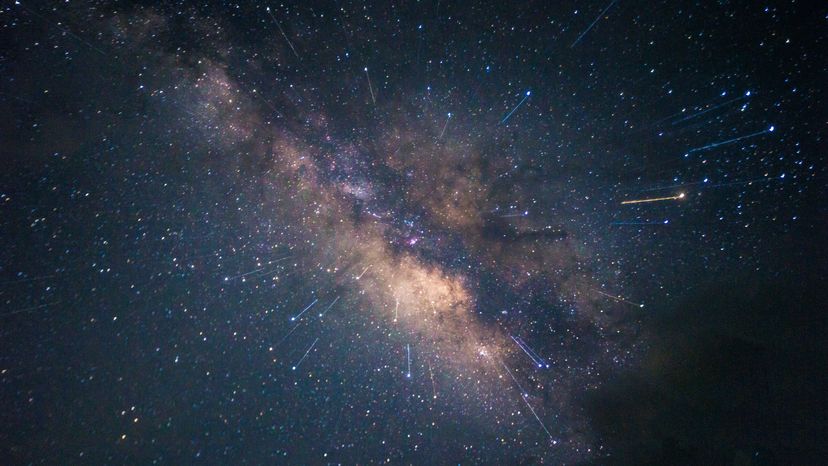Space

Space refers to the vast, mostly empty expanse beyond the Earth's atmosphere, where planets, stars, galaxies, and other celestial bodies are located. It is characterized by a vacuum, extreme temperatures, and radiation.
Space has long fascinated humans, and space exploration has led to significant advancements in science and technology, including the development of satellites, space telescopes, and human spaceflight. The study of space, also known as astronomy, encompasses a broad range of fields, including astrophysics, cosmology, and planetary science.
Space exploration has been driven by a number of goals, including
scientific research, national prestige, military
objectives, and commercial interests. Humans have been launching spacecraft into
space since the 1950s, with the first
human spaceflight taking place in 1961 by Soviet cosmonaut Yuri Gagarin.
Since then, there have been many other historic
milestones in space exploration, such as the first moon landing, the first space
station, and the launch of numerous
robotic missions to explore our solar system and beyond. The study of space
continues to be an active area of research,
with new discoveries and advances being made all the time.
Best Astronauts

Neil Armstrong
Neil Armstrong became the first person to walk on the moon. He began his career as a
naval aviator and later joined NASA's astronaut program

Buzz Aldrin
Buzz Aldrin was the lunar module pilot and, along with Neil Armstrong, became one of
the first humans to set foot on the moon on
July 20, 1969. Aldrin was also part of the Gemini 12 mission and served in the Air
Force during the Korean War.

Sally Ride
Sally Ride was an American astronaut, physicist, and the first American woman to
travel to space. She joined NASA in
1978 and flew on two space shuttle missions, STS-7 and STS-41-G, in 1983 and 1984,
respectively.